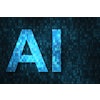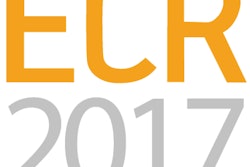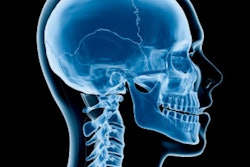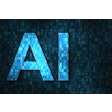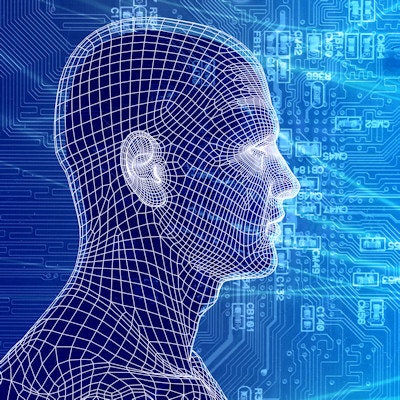
The rise of artificial intelligence (AI) will undoubtedly lead to many unpredictable developments in the years to come, but one could be the unification of radiology and pathology into a single medical discipline, according to a provocative new article in the Journal of the American Medical Association.
In the piece, radiologist Dr. Saurabh Jha of the University of Pennsylvania and cardiologist Dr. Eric Topol of Scripps Translational Science Institute in La Jolla, CA, propose that the two specialties at greatest risk of being affected by AI -- radiology and pathology -- should unite into a new discipline devoted to managing the use of the technology and of medical data (JAMA, November 29, 2016).
The article cuts to the heart of the debate over AI and deep learning. While some radiologists express trepidation over AI's effects on their jobs, others believe the only way for medical imaging specialists to control their destiny is to embrace AI and therefore exert some control over how it becomes used in medicine.
Jha and Topol hold up pathology as an example of a medical specialty that radiology could emulate. Pathology has embraced machine learning and related technologies, automating some mundane tasks so that pathologists can focus on more complicated ones.
The authors go on to suggest that pathology and radiology could be merged, with the new practitioners dubbed "information specialists." The responsibility of these new physicians would be to manage information extracted from images and histology by artificial intelligence, rather than extracting the information themselves, a task that is leaving them increasingly exhausted as the volume of medical information grows.
Under this new paradigm, information specialists would not pore over imaging scans, comparing shadows or searching for pathology; these actions would be performed by artificial intelligence. Instead, information specialists would perform tasks such as interpreting important data, providing guidance on whether another test should be ordered, and integrating information to guide clinicians.
"Radiologists and pathologists will still be the physician's physician," Jha and Topol believe.
These new information specialists would work together with artificial intelligence to manage the health of individuals and populations, with specialists perhaps managing multiple units of AI. The new paradigm would enable screening of large populations "faster than radiologists and at a fraction of the cost," they wrote.
These efficiencies would be invaluable in developed countries like the U.S., but also in developing countries that do not have adequate access to medical specialists -- a single information specialist could handle screening for an entire African town, Jha and Topol noted.
What would the educational pathway for this new discipline look like? These new doctors wouldn't require more training, because the information specialist wouldn't have to master pattern recognition to the extent that today's specialists do. Their only visual interpretation skills would be those required for tasks that AI can't perform, and they would only need enough medical physics training to improve medical images with suboptimal image quality. Instead, information specialists would learn about fields such as data science, genomics, and biometrics.
Jha and Topol acknowledged there would be inevitable resistance to merging two distinct medical specialties, each with their own histories, reimbursement, educational tracks, and traditions. But they believe that artificial intelligence will change both fields to such an extent that it makes their merger a "natural fusion of human talent and artificial intelligence," and that both specialties will thrive when united.
The authors concluded by taking a positive view of the history of automation in the broader economy, proposing that rather than contributing to job loss, automation leads to redefined roles, and humans transition to tasks that require a human touch.
"Radiologists and pathologists need not fear artificial intelligence but rather must adapt incrementally to artificial intelligence, retaining their own services for cognitively challenging tasks," they wrote. "A unified discipline, information specialists would best be able to captain artificial intelligence and guide medical information to improve patient care."



